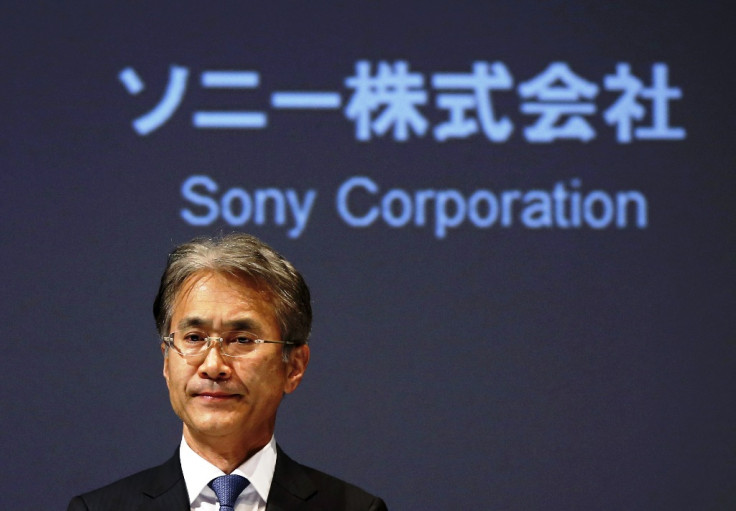Sony profits quadruple on cameras and cost cuts

Sony expects operating profit to more than quadruple this year, with strong sales of camera sensors and cost cuts poised to set off a turnaround that follows years of losses on TVs and mobile phones.
The Japanese firm said on 30 April that it estimates operating profit will jump to 320bn yen (£1.7bn, €2.4bn, $2.7bn) in the year ending March 2016, as against 68.5bn yen in the previous financial year.
This year's earnings will be Sony's biggest annual operating profit in seven years, though well below an average analyst forecast of 408bn yen, according to Thomson Reuters.
Sony forecasts operating losses from its mobile communications unit to drop to 39bn yen this year, from a 217.6bn yen loss in the preceding year, as it cuts costs to cope with falling sales.
Operating income at its devices division, including sensors, are expected to grow to 121bn yen from 89bn yen.
Overall revenue could fall 3.8% this year, the company said in a 30 April statement. But lower restructuring charges will help it make a full-year net profit of 140bn yen, compared with a net loss of 126bn a year ago.
The company also said it plans to resume dividends, suspended in the past fiscal year, with an interim payment of 10 yen per share.
Restructuring
Chief executive Kazuo Hirai has transformed Sony to target expansion in lucrative areas such as sensors used in cameras for popular devices such as Apple's iPhones.
As part of its restructuring, Sony proposes to split its audio and video business in an attempt to hold subsidiaries more accountable for making a profit. It has exited the personal computers (PCs) business and spun off its TV business.
Investors have welcomed the moves. Sony stock has soared some 47% so far this year, hitting 3,827.50 yen earlier in the month, its highest since 2008.
"We are emerging from losses but still recuperating," chief financial officer Kenichiro Yoshida told reporters.
"In the past seven years, we revised [earnings guidance] downwards around 15 times," he added, citing fluctuations in forex rates as a key concern.
© Copyright IBTimes 2025. All rights reserved.






















